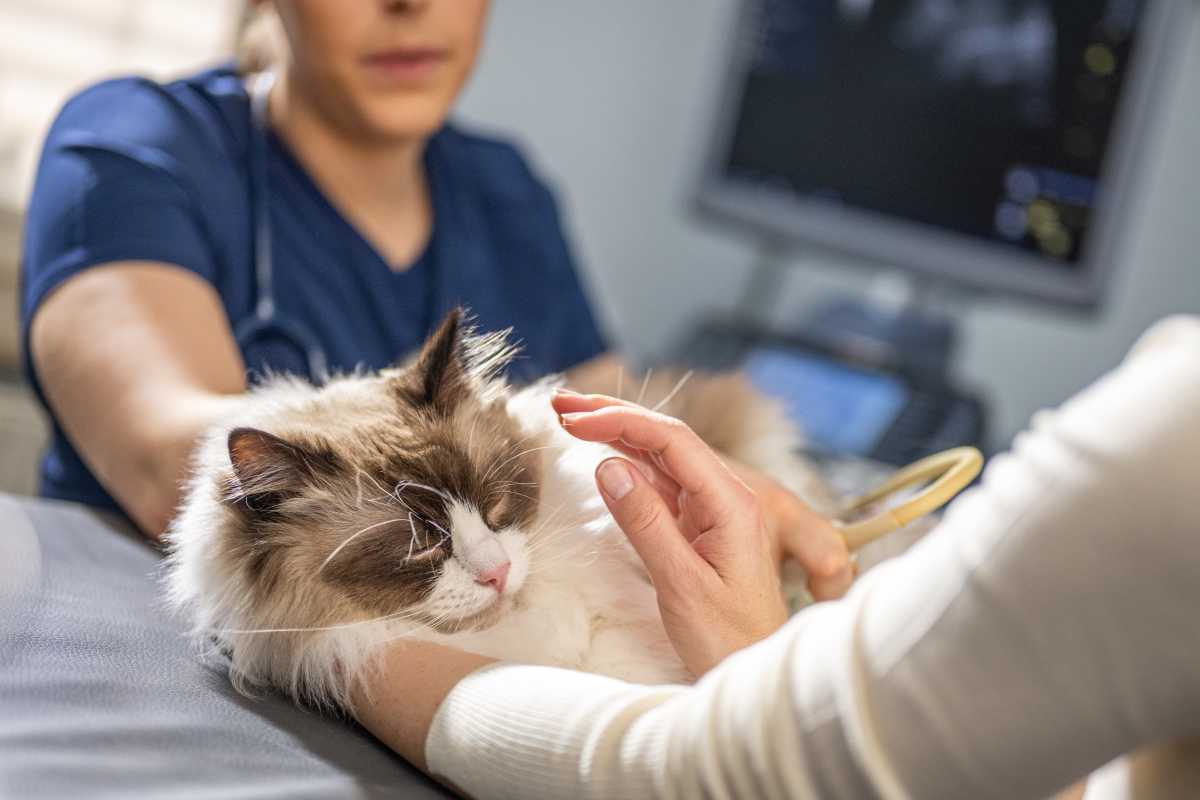Do you see your cat sleeping in a hunched position? Vet says it could be a warning sign

A cat’s sleeping position is a telltale sign of its health, personality, and trust. Felines spend much of their lives sleeping, averaging 12 to 16 hours a day, according to PetMD. Similar to humans, the time spent sleeping varies with age in a cat’s lifespan. Simultaneously, breed, diet, and lifestyle also influence the intensity of a cat’s sleep. Pet owners should closely observe their pawed pal’s sleeping positions to understand their needs. According to experts at Turmerry, a cat sleeping in a hunched position is a subtle indication of a serious issue that requires immediate attention from the owner.

When a cat sleeps in a hunched posture with its head tilted down, it hints at the possibility of the pet being sick. In addition to the posture, the ears would appear rolled out, while their coat would appear dull and matted. A cat’s whiskers are key indicators of their mood and would change position to indicate the same. Therefore, a sick cat with a hunched posture will present straight whiskers to show its feeling of discomfort. It is advised to get the feline checked with a vet if the hunched sleeping continues.

Besides that, other sleeping positions can also signal a feline is unwell. A cat dozing off with their face down and eyes covered would hint at its exhaustion as the animal tries to block light and keep their nose warm to avoid sleep disturbances. Lethargy, weakness, and decreased appetite would follow the sleeping position as a sign of poor health. A cat may be found sleeping in the litter box, which is highly unlikely for a normally functioning feline. In such cases, a cat may be suffering from underlying conditions like diarrhea, constipation, UTI, or other urinary or digestive issues.

Sleeping is an important aspect of every feline’s life. While adult cats need about 15 hours of sleep to function, kittens may snooze for 20 hours a day to suffice for their rapid growth and development. For a pet that spends about one-third of its life sleeping away, pet owners have to find ways to decode their cat’s sleeping behavior. It’s not always grim, though. A feline is also likely to express its affection for its pet owner through sleeping positions. The affection will often manifest when the cat is resting on top of their owner, next to them, or between their legs. A furball sleeping on their chest is the highest regard worth flexing to others.
However, pet owners should be aware if their cat is sleeping longer than usual without any possible reason. This is often because they are bored and have nothing to occupy their time with. Hence, they sleep to pass the time and deal with boredom. It is not a positive sign and may lead to problematic behaviors like over-grooming, constant meowing, and even destroying items in the house. That said, cats are predatory animals with an instinct to hunt and explore their surroundings, which is exhausting. Hence, they would need ample sleep to recharge and should not be disturbed during that time.